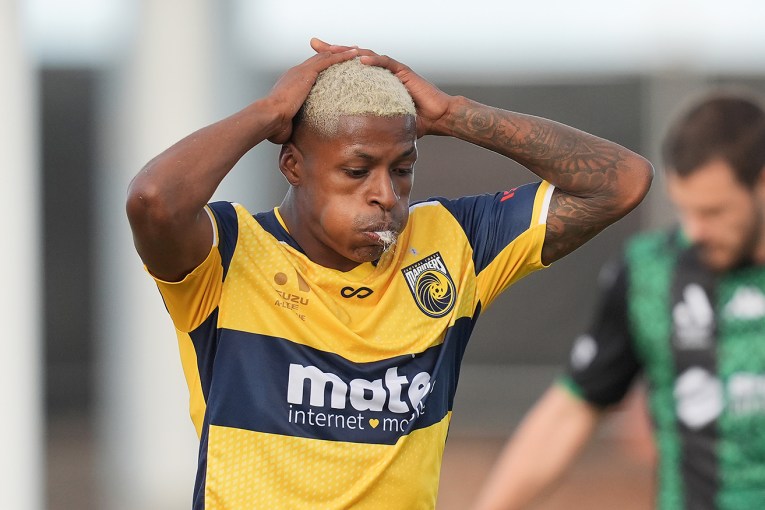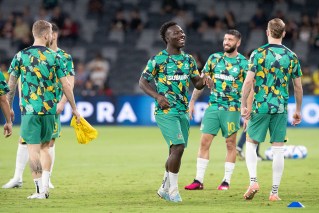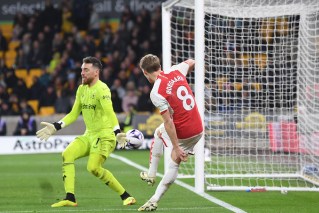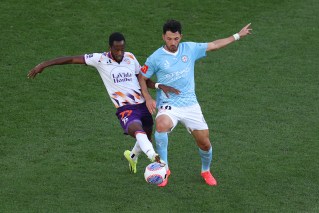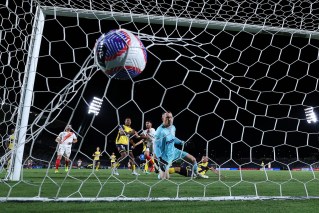Reclaiming the beautiful game from spivs, shonks

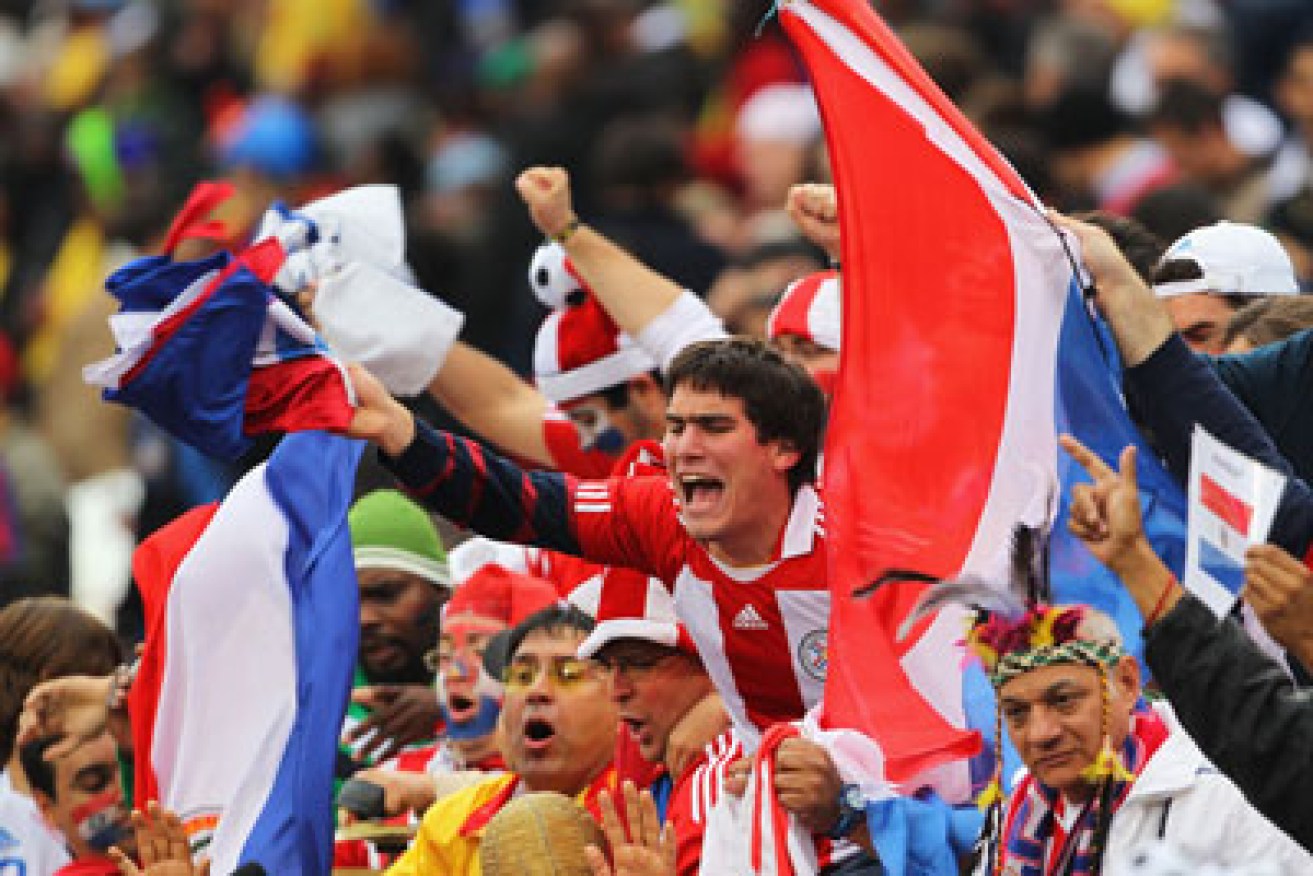
Paraguayan fans in 2010. Photo: Getty
I am one lucky bastard.
As I’m frantically packing for my trip to Brazil for the World Cup I’m keenly aware of that. Everyone tells me so.
Brazil, home of Jogo Bonito, a land of sun and samba where football is the heart and lungs of a nation, the core of its very being.
It should be perfect, and of course it isn’t.
In the weeks leading up to the greatest show on earth our news has been full of tales of chaos and confusion as Brazil struggles to meet the demands of hosting the World Cup finals.
Sadly, the country has been saddled with an overreach of ambition by its rulers. It is also buckling under the weight of our expectation.
Brazilians are battling to find a share in their country’s extraordinary wealth. As their economy emerges as a 21st century powerhouse, there is a struggle to ensure that those most in need are not left behind.
It can be witnessed in the “manifestations” that have occurred in the last year or so as ordinary Brazilians have taken to the streets to protest at the vast amounts of money spent by their government on hosting the World Cup.
Brazilians protesting about the World Cup? It seems like Santa protesting about Xmas.
 Yet while we pack our bags to fly half way around the world to enjoy the trip of a lifetime, most Brazilians live without the sort of pay, education, health, welfare, clean water and sanitation we take for granted.
Yet while we pack our bags to fly half way around the world to enjoy the trip of a lifetime, most Brazilians live without the sort of pay, education, health, welfare, clean water and sanitation we take for granted.
It’s a fact that disproves the cliche. Football isn’t more important than life.
Not even in Brazil.
For most of this week I was despondent. I mean, if Brazil can’t host a decent World Cup, why bother holding it at all?
Coupled with the continuing revelations surrounding Qatar’s successful bid for 2022, football had again started to feel like a con.
On the surface it’s all glitz, glamour and endless possibility. Behind this flimsy facade the sleaze and corruption that oozes out of every pore of FIFA leaves a wretched stink.
As I prepared to leave, I needed to remind myself that the game doesn’t belong to the men in FIFA monogrammed blue suits who stride about as masters of the universe, though they hold it hostage – for now.
Nor is it the preserve of the mega corporations who pour rivers of gold into FIFA’s Zurich bank accounts in order to cash in on the game the world loves.

Japanese fans in 2010. Photo: Getty
It isn’t their game.
It’s ours.
Even despite the parlous state of its governance.
The enduring spirit of the game can’t be shrink-wrapped, packaged and sold to the highest bidder.
This revealed itself to me in Pretoria, South Africa during the 2010 World Cup.

Paraguayan fans in 2010. Photo: Getty
Japan faced Paraguay in a round of 16 game that night. One corner of the stadium was brought to life by the magnificent choreography of Japanese Samurai Blue fans. Elsewhere in the stands, the Paraguayans were grooving to a pulsating rhythm of their own.
All around me, South Africans of all colour and creed enjoyed the festivities.
It was a brilliant occasion.
It occurred to me – what could bring the Japanese, Paraguayans, Africans and the occasional stray Aussie together in a mood of shared celebration like this?
There is only one thing.
Football.
An international language, written with a ball and understood by all.
It is the spirit of the game that unites us despite the greed and avarice of some.
Many faces, voices, stories and places.
One beautiful game.
